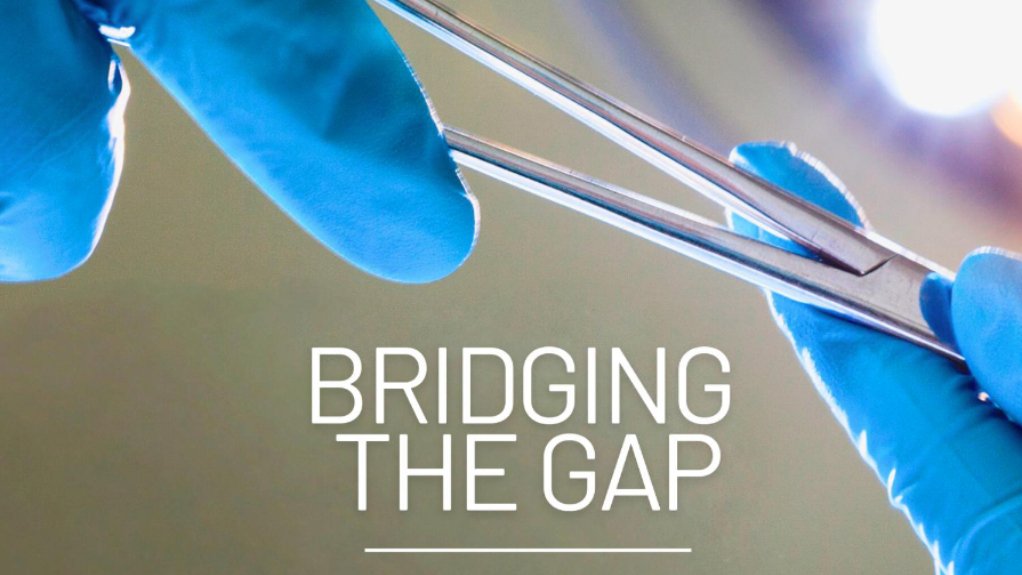- Bridging the Gap: South Africa's Healthcare Industry2.33 MB
South Africa has undergone a significant period of change in the last two decades, and no more has this been evident in the country’s healthcare system. Plagued by underinvestment since the mid 1990s as the economy opened up to the world, the healthcare system, like many other sectors of the economy, was left to market forces in plugging gaps which government could not. Over time this has resulted in a split in medical care provision between have’s and have not’s, with the latter seeking support from government almost exclusively given limited available resources, a luxury often only available to those that can afford private medical care.
In assessing the state of the South African healthcare market and satellite industries, our team here at In On Africa drew on a variety of sources including both subject matter expertise accrued via previous consulting work in the healthcare space, and open source information sourced via desktop research such as freely available academic publications, industry reports, news articles and other similar sources such as government entities.
In order to grant the reader a holistic overview of the entire healthcare landscape, we opted for a broad- based approach that covers a variety of topical issues. These include first and foremost the various debates surrounding South Africa's two tiered healthcare system and how to achieve equal outcomes between public and private medical services. Additionally, we have sought to understand the key underlying drivers of healthcare demand in the country and how these are changing in line with the South Africa’s status as an urbanising middle income economy. In crafting some suggestions for a way forward we have sought to also highlight several opportunities for interested parties to consider, including ones from auxiliary industries such as hospital management and education.
South Africa has undergone a significant period of change in the last two decades, and no more has this been evident in the country’s healthcare system. Plagued by underinvestment since the mid 1990s as the economy opened up to the world, the healthcare system, like many other sectors of the economy, was left to market forces in plugging gaps which government could not. Over time this has resulted in a split in medical care provision between have’s and have not’s, with the latter seeking support from government almost exclusively given limited available resources, a luxury often only available to those that can afford private medical care.
In assessing the state of the South African healthcare market and satellite industries, our team here at In On Africa drew on a variety of sources including both subject matter expertise accrued via previous consulting work in the healthcare space, and open source information sourced via desktop research such as freely available academic publications, industry reports, news articles and other similar sources such as government entities.
In order to grant the reader a holistic overview of the entire healthcare landscape, we opted for a broad-based approach that covers a variety of topical issues. These include first and foremost the various debates surrounding South Africa's two tiered healthcare system and how to achieve equal outcomes between public and private medical services. Additionally, we have sought to understand the key underlying drivers of healthcare demand in the country and how these are changing in line with the South Africa’s status as an urbanising middle income economy. In crafting some suggestions for a way forward we have sought to also highlight several opportunities for interested parties to consider, including ones from auxiliary industries such as hospital management and education.
South Africa has undergone a significant period of change in the last two decades, and no more has this been evident in the country’s healthcare system. Plagued by underinvestment since the mid 1990s as the economy opened up to the world, the healthcare system, like many other sectors of the economy, was left to market forces in plugging gaps which government could not. Over time this has resulted in a split in medical care provision between have’s and have not’s, with the latter seeking support from government almost exclusively given limited available resources, a luxury often only available to those that can afford private medical care.
In assessing the state of the South African healthcare market and satellite industries, our team here at In On Africa drew on a variety of sources including both subject matter expertise accrued via previous consulting work in the healthcare space, and open source information sourced via desktop research such as freely available academic publications, industry reports, news articles and other similar sources such as government entities.
In order to grant the reader a holistic overview of the entire healthcare landscape, we opted for a broad-based approach that covers a variety of topical issues. These include first and foremost the various debates surrounding South Africa's two tiered healthcare system and how to achieve equal outcomes between public and private medical services. Additionally, we have sought to understand the key underlying drivers of healthcare demand in the country and how these are changing in line with the South Africa’s status as an urbanising middle income economy. In crafting some suggestions for a way forward we have sought to also highlight several opportunities for interested parties to consider, including ones from auxiliary industries such as hospital management and education.
Report by In On Africa
EMAIL THIS ARTICLE SAVE THIS ARTICLE ARTICLE ENQUIRY
To subscribe email subscriptions@creamermedia.co.za or click here
To advertise email advertising@creamermedia.co.za or click here











